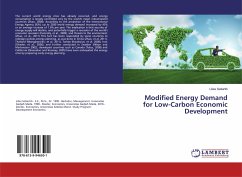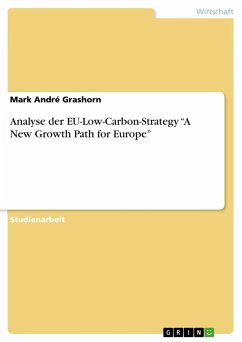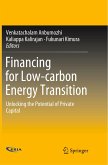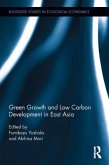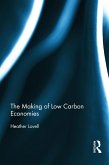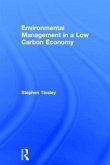The current world energy crisis has already occurred, and energy consumption is largely controlled only by the world's major industrialized countries (Zhao, 2008). According to the projection of the International Energy Agency (IEA), up to 2030 world energy demand increased by 45% or an average increase of 1.6% per year. The implication is that security of energy supply will decline, and potentially trigger a recession of the world's economic recession (Connolly, et al., 2009), and threats to the environment (Zhao, et al., 2011) This fact has been responded by some countries to redesign policies energy planning, as was done in China (Zhao, et al. 2011), Thailand (Wangjiraniran, et al. 2011), Turkey (Karabulut, et al. 2008), Iran (Ghader, et al., 2006), and further conducted in Sweden (Nilson and Martensson 2002), developed countries such as Canada (Tubss, 2008) and California (Ghanadan and Koomey, 2005) have even anticipated the energy crisis by preparing early energy planning.

